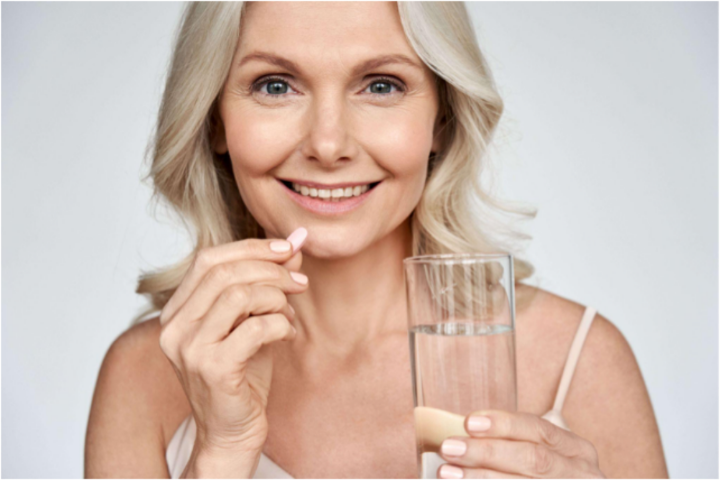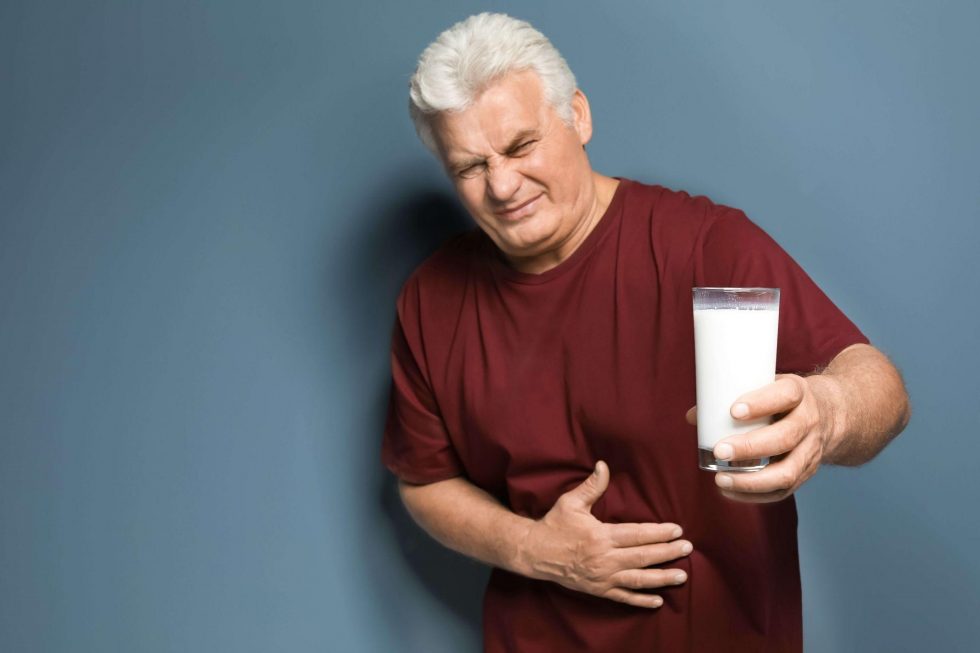Top 7 Essential Vitamins and Minerals for All Over 50’s
As we age, it becomes increasingly important to maintain a healthy lifestyle and be sure that our bodies are getting all the nutrients they need. There's an abundance of vitamins and minerals you can take as soon as your birthday hits 55 or 60 with benefits for both young adults aging too quickly but also senior citizens who might have lost some teeth because these will help keep bones strong while muscles get stronger over time when taken on daily basis.



1. MULTIVITAMIN
A daily multivitamin will help to ensure that you are getting the nutrition you require to live a healthy and healthy lifestyle into your senior years. These supplements include a variety of vitamins that the majority of older people don't have enough of. They include vitamin E vitamin K vitamin A calcium, vitamin D the folic acid, as well as potassium. Other forms include lycopene, Lutein, and probiotics.
2. VITAMIN D
For older people, vitamin D is a key ingredient to help maintain skeletal health through strengthening the bones and protecting them. Research suggests that vitamin D could help prevent illnesses that lead to osteoporosis, cognitive decline, cardiovascular disease as well as Type 2 Diabetes. Studies show that as much as 20% of older Canadian, European, and American adults suffer from Vitamin D deficiencies. Additionally, research suggests vitamin D aids in levels of vitamins, such as calcium. It could also aid in the prevention of falls.
Experts suggest getting 20-25 micrograms of vitamin D daily. A lot of foods are supplemented with vitamin D, and eating them is a great option to boost your intake of vitamin D. Try to find foods that are fortified with vitamin D, such as morning cereals and milk and dairy products, as well as natural vitamin D found in eggs, as well as some fish such as salmon. If you are having difficulty getting your food to digest, consider a supplement that includes vitamin D3.
3. B VITAMINS
As we get older, our bodies become less efficient in the process of taking in B vitamins like vitamin B12, vitamin B6, and so on. Additionally, stomach acid levels decrease and the body is unable to break down the absorption of B vitamins as effectively as it was when we were younger.
.jpg)
There are a variety of B vitamins, including folate biotin, niacin, and Riboflavin. B vitamins are vital to maintaining the health of your nerves as well as heart health and blood pressure. Vitamin B12 deficiency has been linked with problems with the brain.
Experts generally recommend getting about 2.4 micrograms of B vitamins every day. To obtain more B vitamins, eat a variety of foods like meat, poultry eggs, and milk, as well as fruits and even vegetables. It is also possible to consume a B vitamin supplement.
4. Vitamin C
Vitamin C is a crucial part of the immune system’s health and metabolism. As per the American Optometric Association, vitamin C could help in preventing cataracts and reduce vision loss due to macular degeneration caused by age. Human bodies can only obtain vitamin C from external sources. Therefore, those who aren’t eating an adequate diet could suffer from an insufficient amount of vitamin C.
Health experts recommend taking 75 to 90 milligrams of vitamin C daily. Vitamin C is available in a wide variety of fruits and vegetables like broccoli, oranges, tomatoes as well as winter squash. The most effective method to increase your intake of vitamin C may be by taking a supplement. Look for one that is designed specifically for older adults that don’t have greater than the daily recommended dosage for each vitamin.
5. CALCIUM
It’s not a surprise that calcium plays an essential element of healthy old age. Many older people suffer from calcium deficiencies which cause brittle bones or bone-related diseases such as osteoporosis. Women are especially vulnerable to calcium deficiencies and women who go through menopausal changes are more susceptible to bone loss.

The AARP recommends calcium supplements for people who are 50 and over. The average man should take approximately 1,000 milligrams of calcium daily, and women should consume 1,200 milligrams a day. Foods that are rich in calcium include tuna cheese yogurt, kale beef liver, sesame seeds, and spinach. You can also take a physician-recommended calcium supplement if you have a hard time getting enough from your regular diet.
6. OMEGA FATTY ACIDS
Omega-3 fatty acids, as well as omega-6 fats, are healthful fats that are involved in health, energy, and the smooth functioning of joints. There are three primary kinds of Omega fatty acids which include DHA, EPA, and ALA. Studies have shown that omega fatty acids can assist in relieving discomfort and other signs of arthritis rheumatoid. Research suggests that omega fatty acids could assist in slowing the progress of macular degeneration, an illness that can affect the eyesight of many elderly people.
Omega fats from seafood, as well as flaxseed or walnuts. You can also get soybeans and walnuts. Make sure you consume two servings of fish or other omega-3-rich food items per week. It is also possible to take supplements with omega fatty acids.
7. COENZYME Q10
Also called Coq10, the antioxidant Coq10 is produced naturally in the liver. As the aging process progresses the liver becomes less efficient in producing this antioxidant, making it difficult to locate it in the food we eat. Insufficient levels of Coq10 are associated with heart disease and could aid older people who are at the beginning of Parkinson’s disease.
The most effective way to obtain more Coq10 is to take a supplement. Although certain foods like whole grains and meat contain antioxidants, their levels aren’t enough to compensate for the deficiency. Try to consume 100-200 milligrams of Coq10 every day.

Maintaining a healthy lifestyle and being active in our advancing years doesn’t need to be difficult. Make sure you are eating a balanced diet and taking care of your nutrition.
Have you considered taking vitamins or other supplements to increase your health? Click Here to learn more.
Copyright 2022 by www.dailyskincare4u.com. All rights reserved.
This site is not a part of the Youtube website or Youtube Inc. Additionally, This site is NOT endorsed by Youtube in any way. YOUTUBE is a trademark of YOUTUBE, Inc.
DISCLAIMER: This website does not provide medical advice. The information, including but not limited to, text, graphics, images and other material, contained on this website is for educational purposes only. Results May Vary: Causes for being overweight or obese vary from person to person. No individual result should be seen as typical. Whether genetic or environmental, it should be noted that food intake, rates of metabolism and levels of exercise and physical exertion vary from person to person. This means weight loss results will also vary from person to person. The content is not intended in any way as a substitute for professional medical advice, diagnosis or treatment. Always seek the advice of your physician or other qualified health care provider with any questions you may have regarding a medical condition or treatment and before undertaking a new health care regimen, and never disregard professional medical advice or delay in seeking it because of something you have read on this website.
